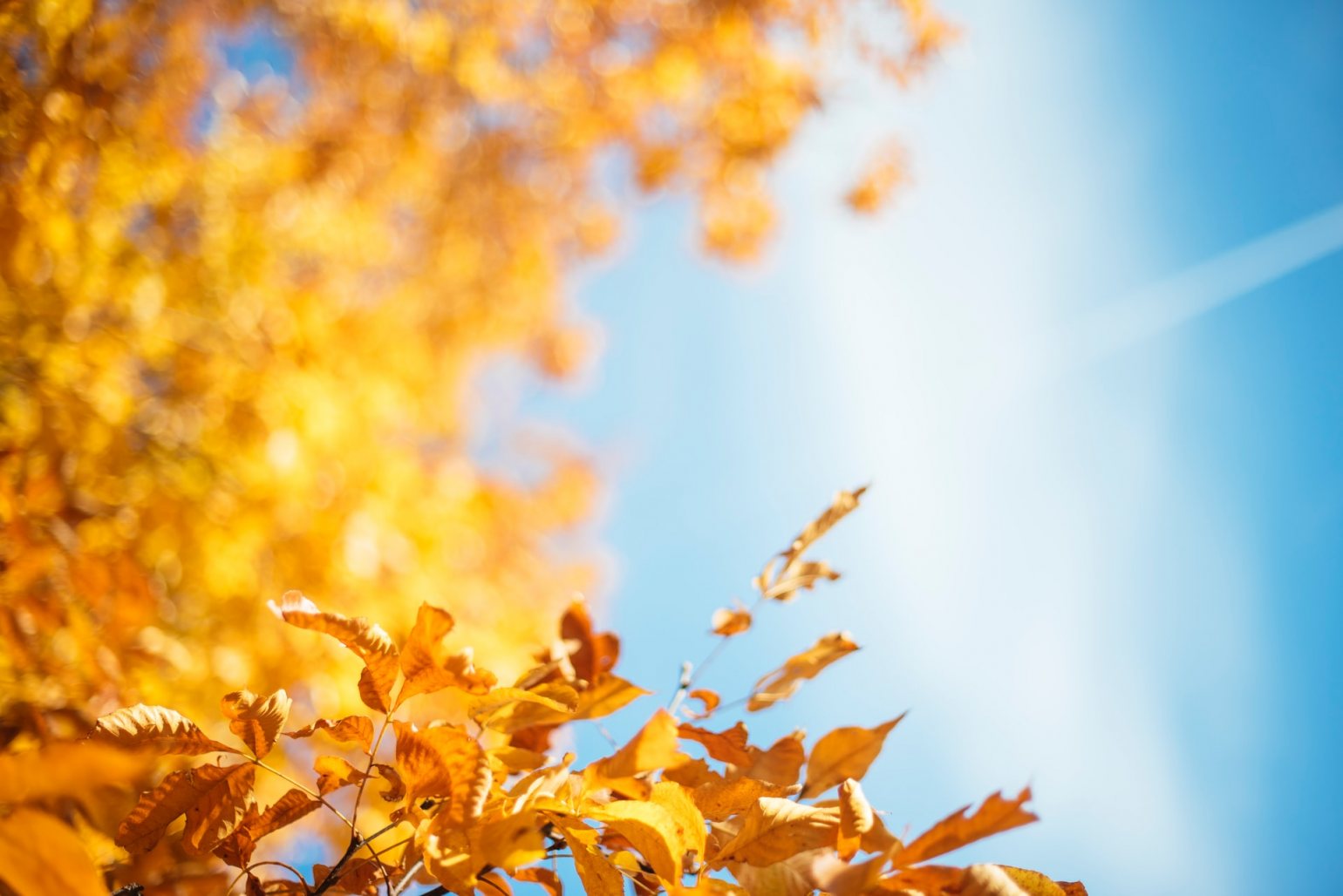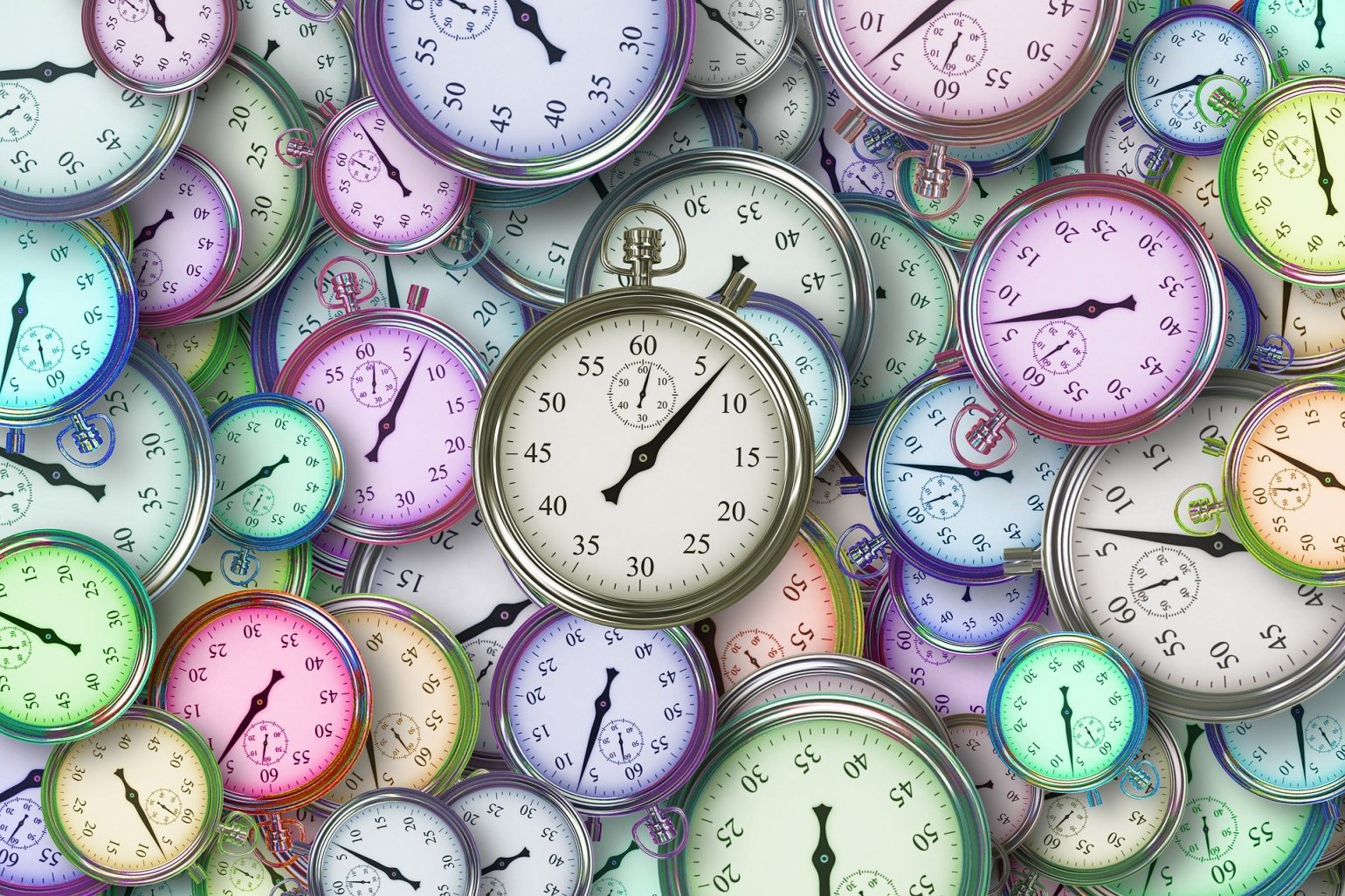Autumn Sleep
Autumn Sleep
Autumn is upon us and the leaves will soon be turning red. The days start to get shorter and the nights get longer, as the weather turns colder and we start to spend more time indoors. These changes can have an impact on our sleep in a number of ways.

How reduced sunshine affects sleep
In the northern hemisphere as we head into autumn, we not only get less hours of daylight each day, but the sun is also less intense as it rises lower in the sky. This combination of factors means that it is likely we won't get as much sunlight exposure in the autumn as we did in the summer. This is really important since we need daytime light exposure to regulate our circadian rhythm.
Our circadian rhythm controls when we feel alert and when we produce melatonin to go to sleep. It needs to get bright light exposure during the day and avoid light in the evening to know the difference between night and day, or else we will start to feel sluggish and tired during the day and struggle to fall asleep at night.
Even though the weather may be changing and starting to get cold, damp and dark outside, it is still really important to make the effort to go outside and get natural daylight each day. This way, you will improve your sleep and try to avoid SAD (seasonal affective disorder, or the winter blues). Regular exercise is also important for our physical health, our mental health and also our sleep. When the weather starts to turn, we may avoid going outside and doing group sports or other exercise, as we would rather stay indoors in the dry and warm. However, if you make an effort to exercise regularly, this will leave you feeling much healthier and happier. If the weather is really bad you could try following a YouTube workout in the comfort of your own home. Also, try to avoid bright artificial lights in the evening as much as possible, as these can disrupt melatonin production. If you want to use electronic devices such as tablets and phones in the evening, then ensure that night mode is on so that it can reduce the blue-frequency light which can be especially disruptive.

The clocks changing
On the 31st of October 2021 the clocks go back by one hour. This is the end of daylight saving time and the UK will be on Greenwich Mean Time (GMT) once again. The clocks change so that the sun rises earlier in the morning, which helps children to walk to school in light rather than in darkness which could be dangerous.
Unlike the spring clock change when we lose an hour of sleep, the autumn clock change means that we will gain an hour's sleep! If you are an adult without children or pets this will be great news. However, if you have young children or pets, they will not understand the clock change and they will still get up at the same time... which will now be one hour earlier. In order to offset this you may want to change your young children's bedtimes in advance of the clock change so that you can make the most of the extra hour in bed on Sunday morning. In the week before the clock change start putting your child to bed 15 minutes later and wake them 15 minutes later, and increase that by 15 minutes every other day so that they end up going to bed and waking one hour later. Then on Saturday night put them to bed this hour later, and Sunday morning wake them at their usual time, which will feel like the later time they have got used to waking up at! For pets you could try delaying their breakfast in a similar fashion so that you aren't woken early Sunday morning by your dog wanting breakfast!
Most smart phones and computerised devices will change the time automatically overnight, but you may have to manually change some things such as your oven clock and your car. It is a good idea to change any clocks to the new time the night before so that when you wake up in the morning they will be set to the correct time.
DR LINDSAY BROWNING is the sleep amabasador for And So To Bed and author of self-help sleep book, NAVIGATING SLEEPLESSNESS. You can get your copy as an ebook on KINDLE, or in print from AMAZON or WATERSTONES.
-
Posted by Dr Lindsay Browning
18th October 2021


